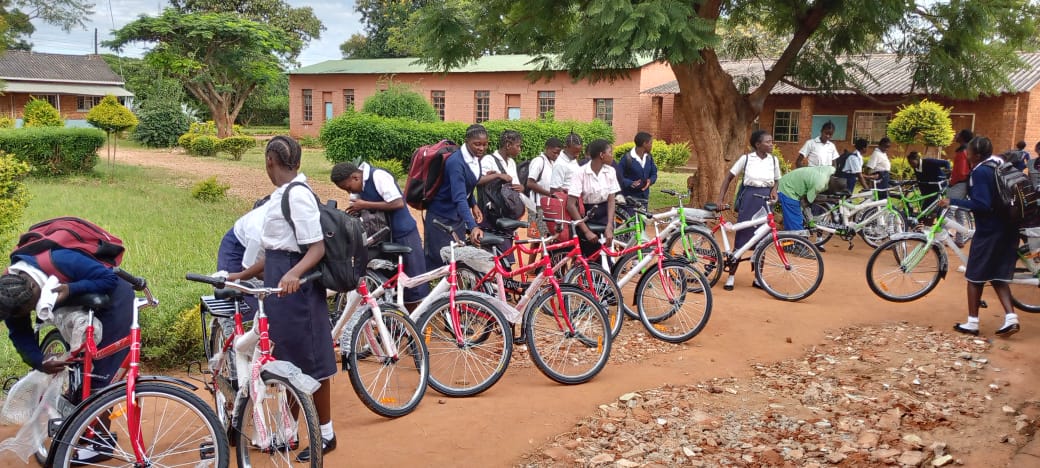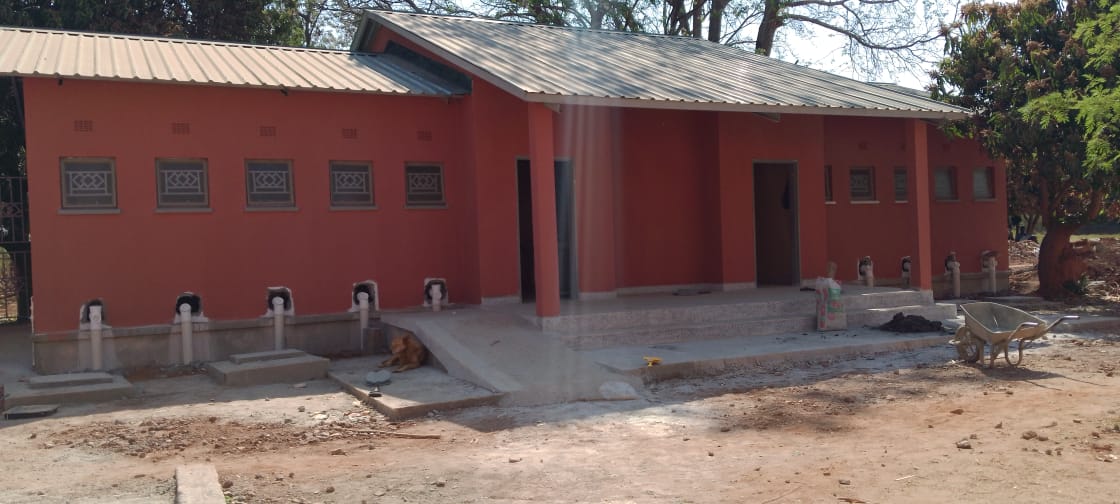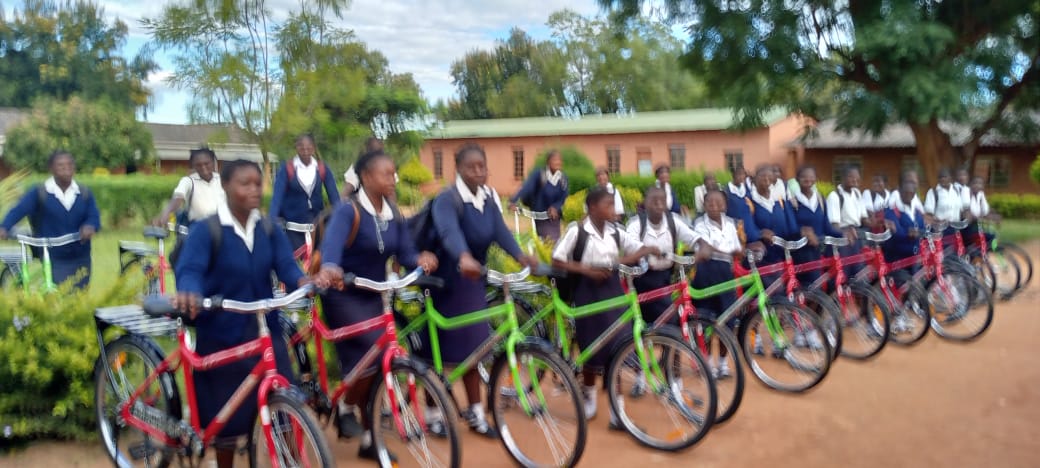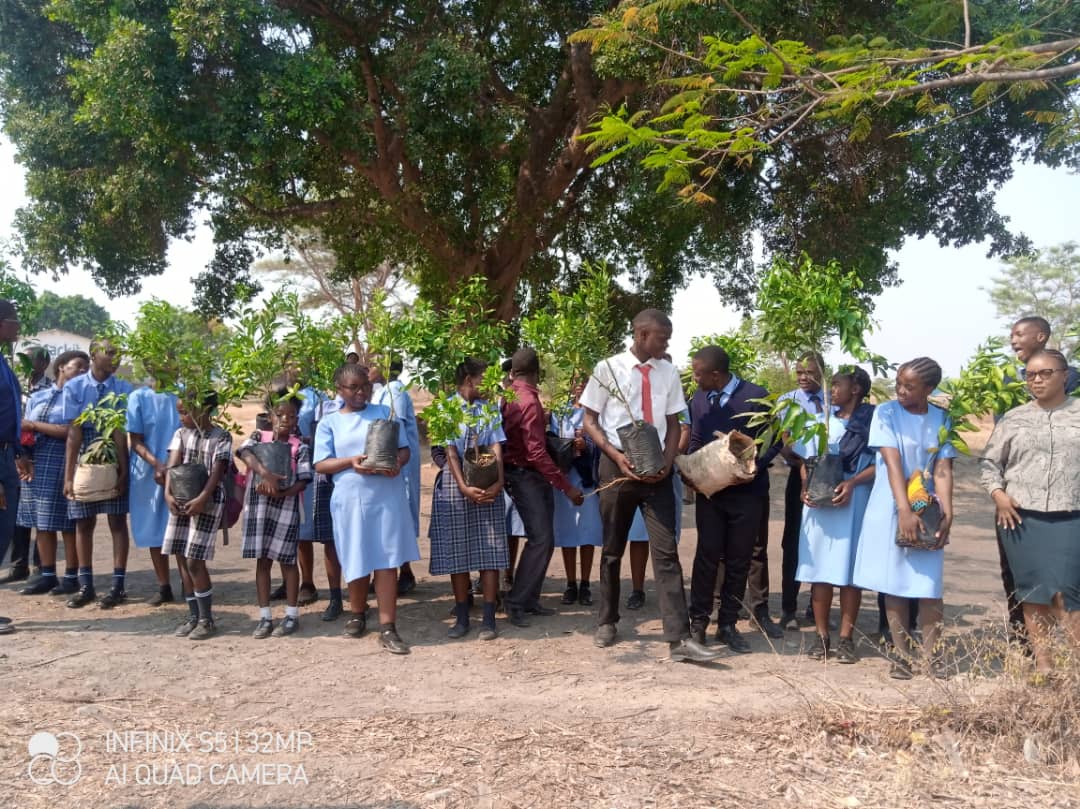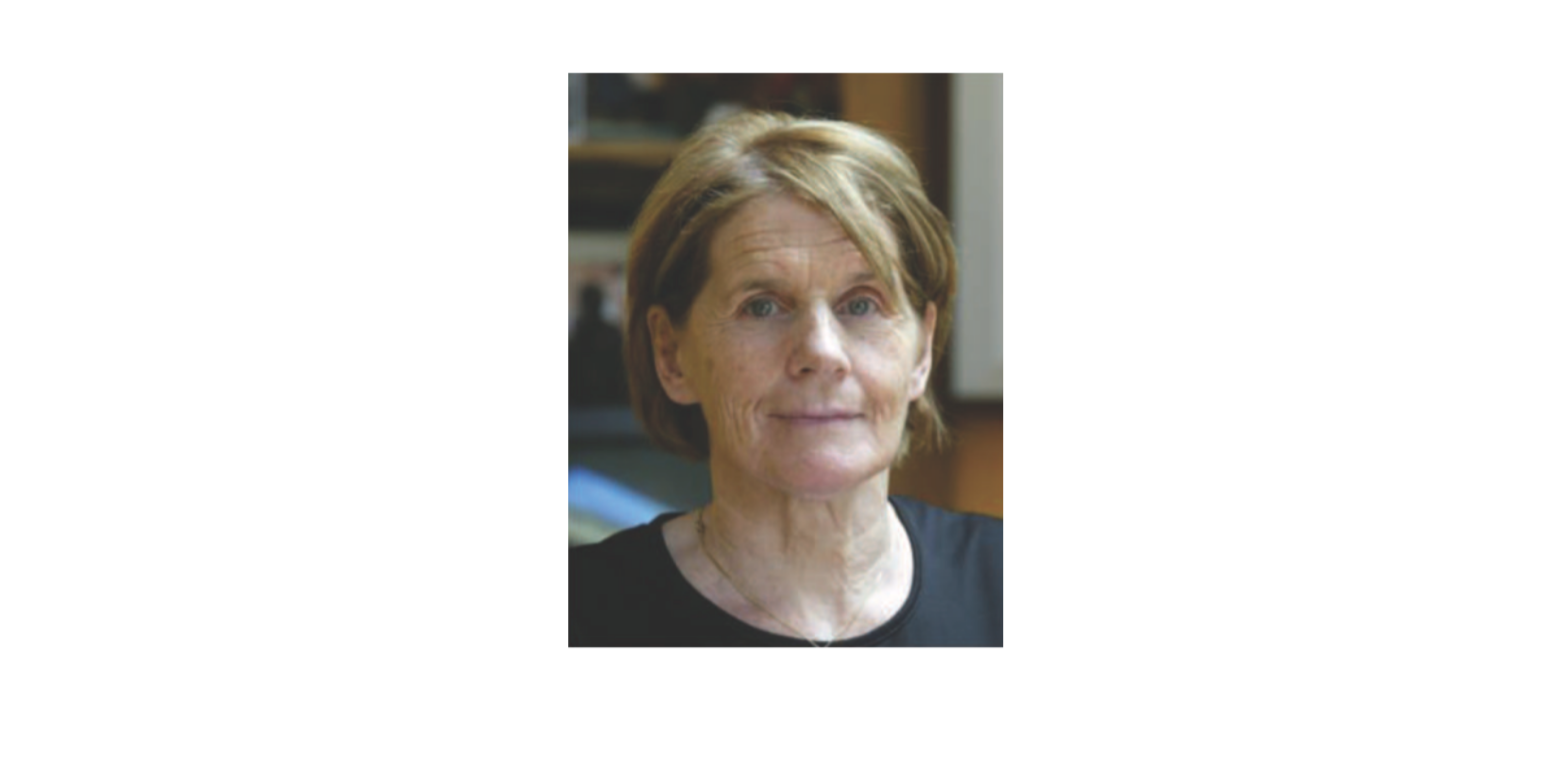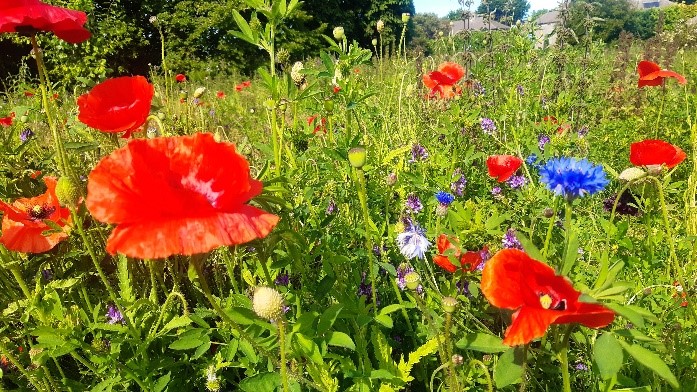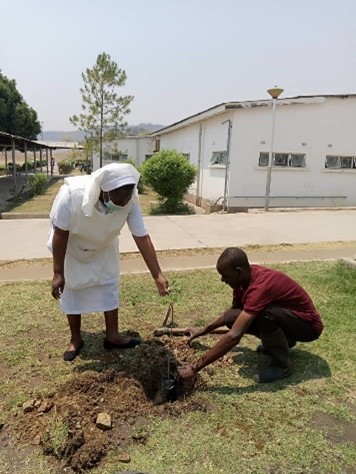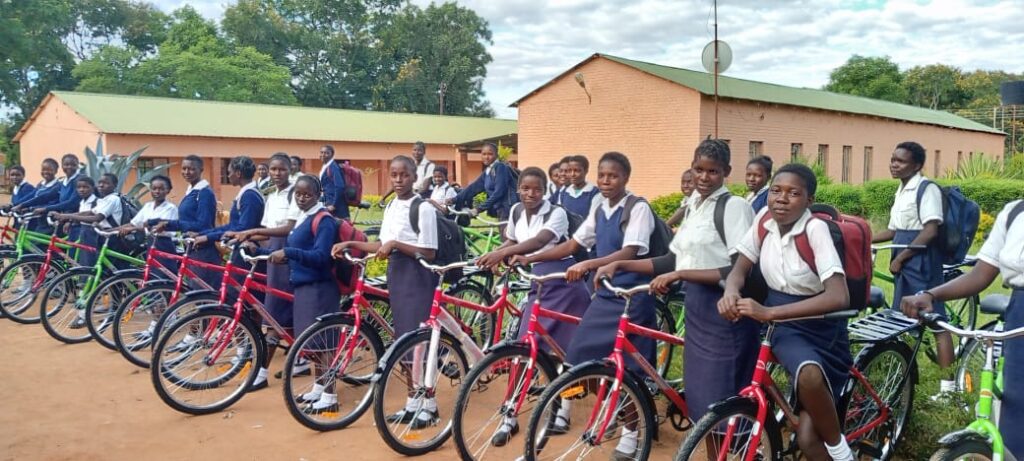
At Chikuni Girls Secondary School in the Southern Province of Zambia, our sisters are striving towards the ideal of “leaving no one behind”. In 1967 the Religious Sisters of Charity founded Chikuni Girls Secondary School to cater for poor, rural, isolated girls who otherwise would be excluded from formal education. There are currently 400 students. In the surrounding villages, girls walk between 10 to 20 kilometres daily on poor dusty roads to access education at Chikuni and sadly these long distances increase the risk of rape, teenage pregnancies and early marriages. Recent drought as well as the rainy and cold seasons provides further obstacles to the education of the girl-child.
In the past three years, poverty in the area has worsened due to long running drought. The Covid-19 pandemic also decreased school attendance as many girls never returned to school after three months of closure. The current school buildings are unfortunately dilapidated and too small to accommodate a recent rise in students.
For these reasons, in conjunction with the school management, teachers and parents’ committee, the Religious Sisters of Charity applied for a three year project with Misean Cara in 2020. The plan was to construct an ablution block with 20 toilets and 5 showers for the girls as well as a modern kitchen to cater for 400 students. The project application also included the following: renovating the school hall; producing a termly radio programme on the value of education on Chikuni Community Radio Station; tackling early marriage problems and teenage pregnancies; and providing approximately 200 bicycles for the girls travelling long distances to school. The project was approved and started in January 2021 and continued into 2022.
Overall, the multi-year project aims to:
• Promote good sanitation, good hygiene, and reduce infections
• Provide well-prepared meals in a clean environment
• Reduce carbon emissions from burning firewood in the kitchen
• Reducing tree cutting and mitigating the chances of droughts
• Improve social distancing, sanitation, and creating a conducive environment for meals, assembly, and examinations
• Reduce the dropouts of girls from school
• Empower girls as responsible citizens through obtaining an education
• Increase literacy rates among girls in Chikuni
• Reduce the rate of rape along the lonely bushy part of the journey and also prevent fatigue among the girls later in the school day
Unfortunately, due to high inflation, the project has thus far built the ablution block and purchased 41 bicycles. It is hoped that more bicycles will be purchased within the next two years. With the continued support from Misean Cara and other partners, we hope that “no one will be left behind.”

